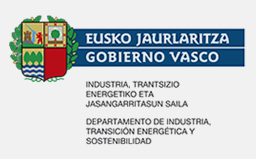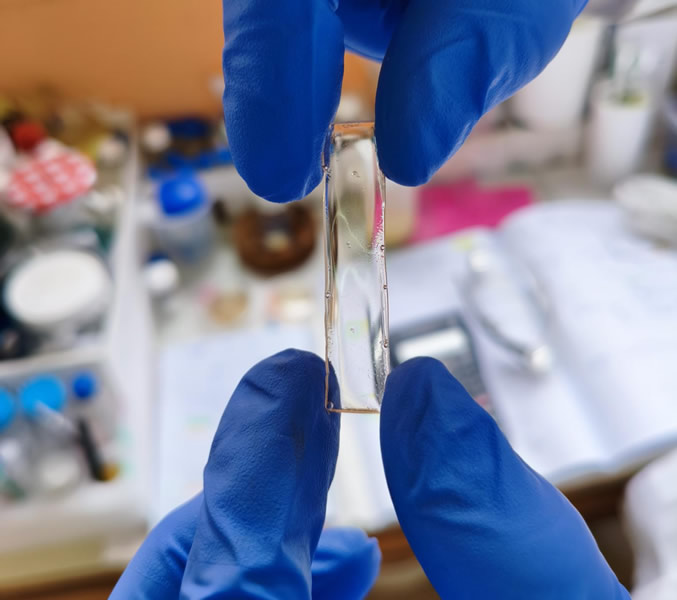
The European Commission has launched the RePowerEU plan, an ambitious project aimed at producing 10 million tonnes of renewable hydrogen within Europe by 2030, complemented by an additional 10 million tonnes of imported hydrogen. This joint effort positions hydrogen as a key player in the transition towards a sustainable economy, essential for achieving at least a 55% reduction in greenhouse gas emissions by 2030 and reaching net-zero emissions by 2050.
To meet these targets, approximately 100 GW of electrolysis capacity will need to be installed across Europe over the next decade.
From the perspective of hydrogen production, a fundamental pillar of this technology, it is crucial to develop innovative solutions that significantly reduce production costs, optimise the use of critical materials, and enhance process efficiency.
HIDRURA will develop key components for three innovative technologies for green hydrogen production. Each of these technologies presents both advantages and technical challenges to consider:
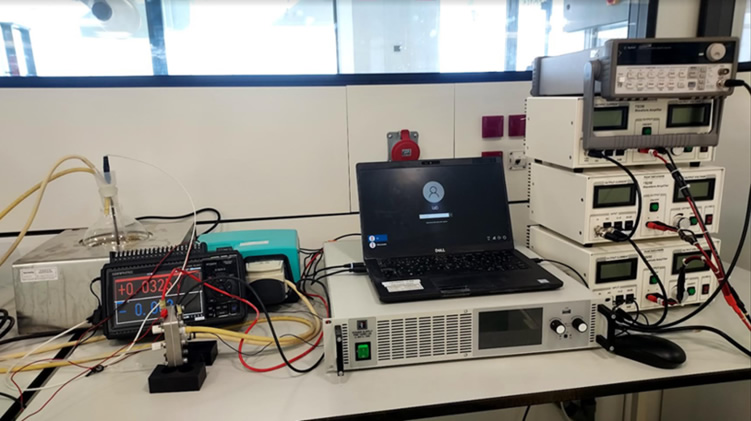

These are the entities of the Basque Network of Science, Technology and Innovation that are collaborating on the HIDRURA project.
It is established as an external advisory body to the project partners, composed of potential clients, experts, or representatives of interest groups related to the project technologies, who are asked to collaborate by analysing the project's progress and providing their opinions and views on its development. These are the companies that are part of the Advisory Board for the HIDRURA project, along with their areas of technological interest.
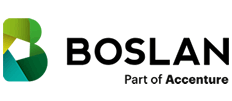 |
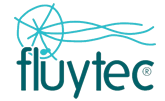 |
 |
 |
 |
 |
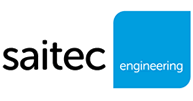 |
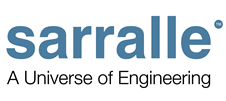 |
 |
|
|---|---|---|---|---|---|---|---|---|---|
| Seawater Electrolysis | |||||||||
| Decoupled Electrolysis | |||||||||
| Biogas pyrolysis for H₂ production |
Project funded by the Department of Industry, Energy Transition and Sustainability of the Basque Government (ELKARTEK 2024 Programme)
